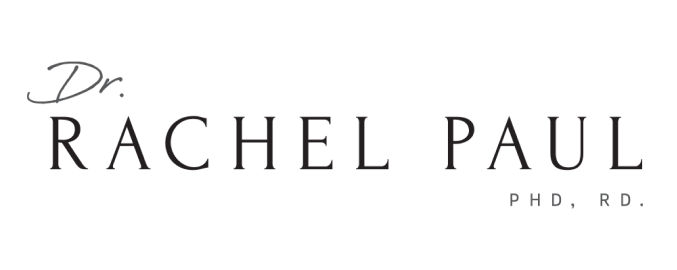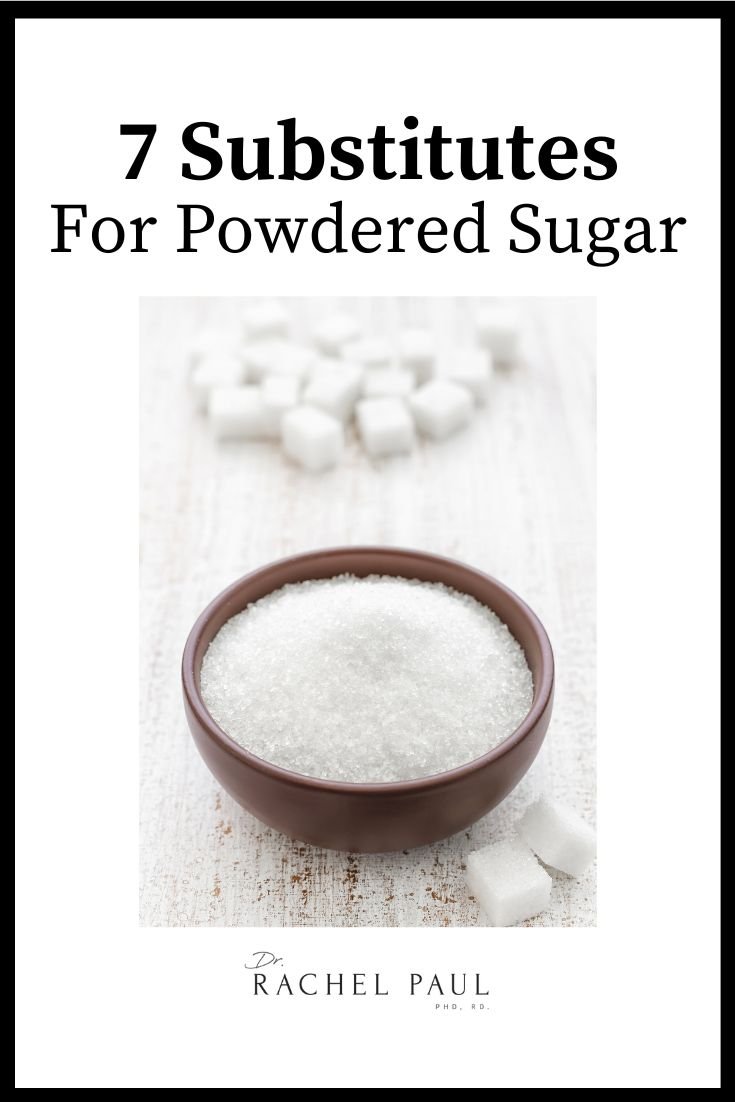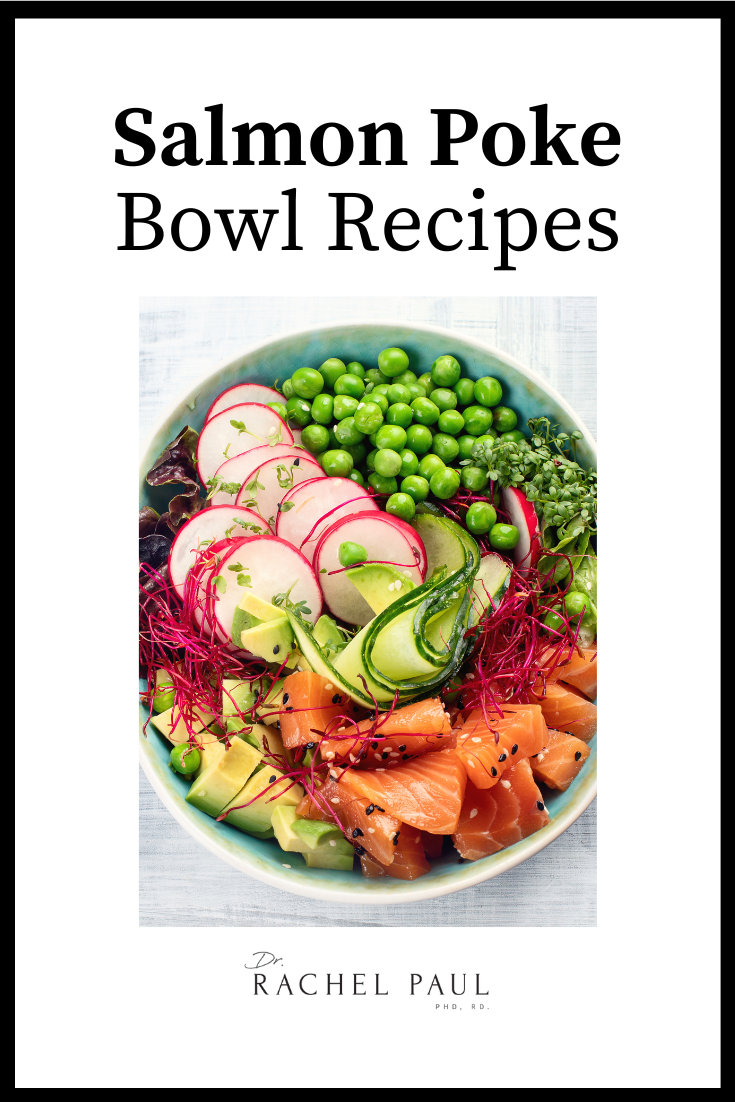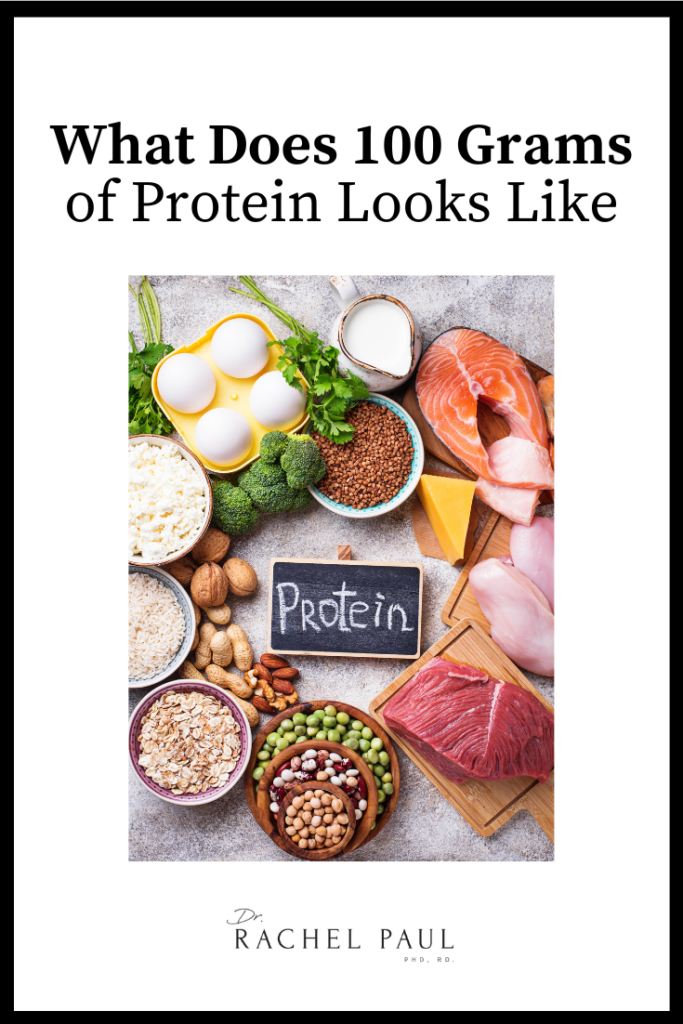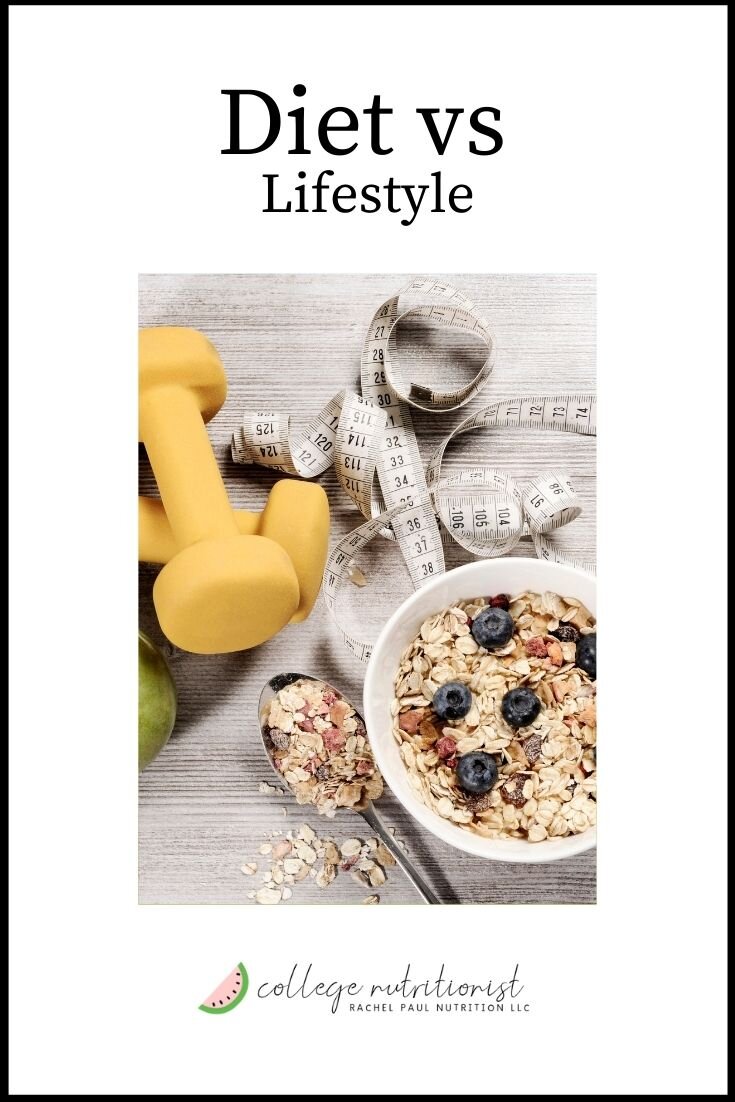
For a lot of people, the term diet is a dirty word. It can cause stress and anxiety. It can bring up images of what we think our bodies should look like. It can mean deprivation. It can lead to a comparison of bodies and eating habits. It can even lead to things like eating disorders.
In reality, diet simply refers to what we’re choosing to eat. It could be that we’re choosing a low-carb diet or that we are on a gluten-free diet for medical reasons. But this distinction can be hard for a lot of people to get used to. And that’s totally fine. Because there’s something bigger than just diet plans at play here.
I prefer the term lifestyle. Because getting healthy or losing weight isn’t just about what we eat. It’s about our relationship to food (no point in eating salad all week if it’s going to make you feel sad), our level of physical activity, our daily habits, our mindset, our water intake and so much more – and it’s important to remember it’s a long-term weight loss or weight gain (depending on your dream body) plan. It’s all about maintaining a healthy lifestyle, and it isn’t about reaching the ‘goal weight’ in the least amount of time – because that’s probably not sustainable, nor long-term. Many people focus on the weight they lost in the least amount of time, and they should be focusing on maintaining a healthy lifestyle.
Diet Vs Lifestyle
WHAT IS DIET
Diet literally refers to the food you eat each day. It could be that you are following a particular diet for religious, health or medical reasons. But you may also be following what is known as “fad diets”. These generally change every year or so, but often follow similar patterns of restriction, removing whole food groups and have little scientific evidence to back them up.
WHAT IS LIFESTYLE CHANGE
Rather than changing just what you eat by following a strict outline from the latest fad diet, it’s far better to look at overall lifestyle change to help you achieve your long term weight goals. This can be harder than “dieting” for a short period of time. But you’ll be far happy if you build long-term healthy habits that can help you maintain a healthy weight but more importantly live a happy life, in the long run, by maintaining a healthy lifestyle.
HOW TO DEVELOP A HEALTHY LIFESTYLE
EATING A HEALTHY DIET
In reality, there’s no such thing as good or bad foods. Those are just labels we put on different foods, depending on what’s the current fad diet. Fats were once considered bad, but came rushing back into fashion. Cake isn’t bad, but that doesn’t mean you should eat a whole one to yourself. In reality, you want to eat food that’s going to make you feel good, give you energy and help you maintain a healthy body weight in the long term.
MAINTAINING A HEALTHY WEIGHT
This can mean a lot of different things to different people. At the end of the day, you need to do what’s right for your body, but rather than focusing on the short term feeling of eating too much sugar, junk food or processed food, I like to think of the long term implications to my ability to fight off disease, be physically active and enjoy life. It’s important to remember that long term weight goals and maintaining a healthy lifestyle are more important than short term results (people are focusing on the weight they lost in the least amount of time instead of realizing it that shouldn’t be their main goal).
BEING PHYSICALLY ACTIVE EVERY DAY
For millions of Americans who are overweight or obese, the idea of regular exercise can be overwhelming. But rather than think in terms of miles run, try adding more physical activity into your day. That extra flight of stairs, lunchtime walk or weights while sitting down all adds up to our overall physical activity and a healthy lifestyle. Which leads to healthy weight loss and weight management, rather than fad diets.
Read Next
